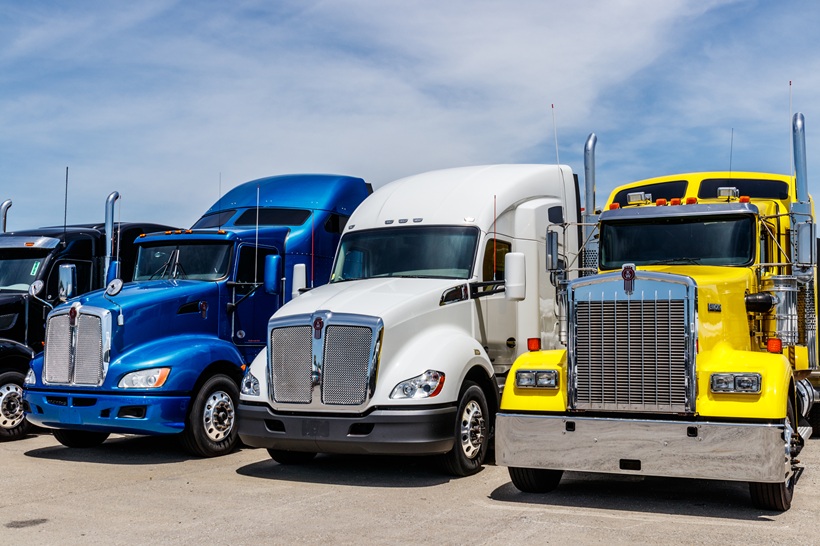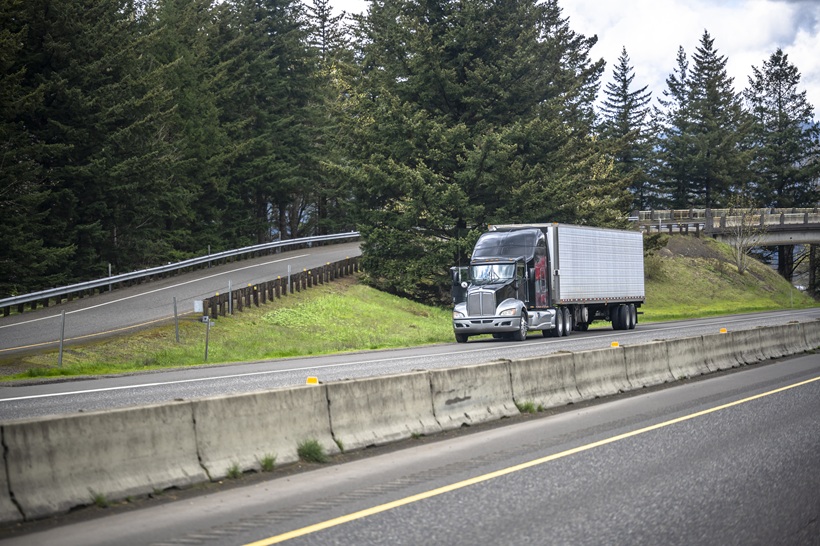
Roadcheck 2024: What You Need to Know
In a matter of days, the Commercial Vehicle Safety Alliance (CVSA) will begin its annual International Roadcheck program, a three-day event focused on commercial vehicle inspections and regulatory compliance.
The CVSA is a nonprofit organization made up of local and federal regulatory agencies and law enforcement authorities in the U.S., Canada, and Mexico. Inspections will be conducted from May 14-16 across all three countries, making Roadcheck a massive, multinational undertaking that covers hundreds of thousands of highway miles.
In 2023, 59,429 vehicle inspections were conducted over the 72 hours of Roadcheck. Inspections most often include a 37-step Level I North American Standard Inspection for the commercial vehicle and a driver inspection.
Why Roadcheck matters
Those who have an inclination for math and probabilities may think that approximately 60,000 inspections across the 5 million some-odd professional truck drivers in North America means that one individual truck has a low likelihood of being inspected. However, that’s a flawed attitude to take for both carriers and drivers.
For starters, that chance of inspection for one truck and driver means that larger fleets stand a very high chance of getting inspected at least once – and probably more. But more significantly, a bad inspection – for vehicle or driver – has massive consequences.
Trucks can be placed out of service immediately after a Roadcheck inspection if they fail CVSA’s North American Standard Out-Of-Service (OOS) Criteria and until the issue(s) that caused the failure are fixed. Not only does this harm a carrier in the eyes of the Federal Motor Carrier Safety Administration (FMCSA) or its Canadian or Mexican counterparts, but it damages broker and shipper relationships, too.
Unfortunately, OOS placements from Roadcheck are not rare. In 2023, CVSA inspectors found 17,479 out-of-service violations in commercial vehicles and at least one violation in 19% percent of all inspected vehicles.
By a similar token, drivers can be taken off the road if they don’t have a proper commercial driver’s license, don’t have an updated DOT medical card, show signs of being under the influence of alcohol or controlled substances, have run afoul of Hours of Service (HOS) rules, or have been falsely or inaccurately logging hours. During last year’s Roadcheck, 5.5% of drivers had at least one out-of-service driver violation, with HOS violations making up about 40% of the overall driver violations.
On the plus side, vehicles that pass Level I inspections should receive a CVSA decal, valid for three months.
Regardless of whether you’re a driver, owner-operator, or manage a fleet for a carrier, you don’t want any vehicle or person to be in that out-of-service bunch. Professionals that make truck safety, maintenance, hours of service, and proper documentation year-long priorities will be most likely to pass inspections with flying colors. And even if you haven’t done that until now, there’s still time to self-inspect your trucks before May 14.
Focus areas for 2024
While vehicle and driver inspections are the backbone of each year’s Roadcheck, specific focus areas for inspectors to gather data on vary from year to year. In 2023, inspectors emphasized the function of a truck’s anti-lock braking system (ABS) and the importance of secured cargo.
This year, CVSA-sanctioned inspectors will prioritize tractor protection systems and controlled substance and alcohol possession. CVSA picked tractor protection as an important item “to increase awareness for drivers, motor carriers, technicians and enforcement personnel of these critically important vehicle components; specifically, the tractor protection valve, trailer supply valve and anti-bleed back valve, which may be overlooked during trip and roadside inspections.”
The rationale for highlighting substance and alcohol use almost goes without saying when hauling important cargo and sharing the road with millions of other drivers, but the CVSA made a point to mention in its release announcing the focus areas that the number of drivers who are prohibited by the FMCSA’s Drug and Alcohol Clearinghouse (DACH) is increasing. Carriers should maintain stringent policies against the use of drugs or alcohol while on the job and regularly check the DACH database to ensure none of their drivers are listed as prohibited.
With the right tech solutions, Roadcheck is just another three days on the road
The most diligent drivers and fleets make compliance and vehicle safety a priority all 12 months of the year, not just before the three days of Roadcheck. Of course, it’s not always easy to do so with everything supply chain professionals have on their plate. Transflo can help.
The Transflo Mobile+ driver app is nearly in its second decade of existence and has everything a driver needs to get through their workday, all in one single app. With Mobile+, drivers can easily keep track of Hours of Service and refer to past logs. It goes above and beyond just compliance, offering drivers tools like navigation, weather conditions, mobile document scanning, and countless customizations and integrations.
Transflo Telematics, with the help of the Geotab Connect platform, can turn a truck’s On-Board Diagnostics port into a data-powered gold mine that lets fleet managers know when a truck needs to be serviced to avoid a costly OOS violation. Additionally, dash cams can help recognize unsafe driving habits so they can be addressed before a costly incident.
If you aren’t sure about how a potential Roadcheck inspection will go, reach out to Transflo for solutions that make compliance and vehicle maintenance easier.



